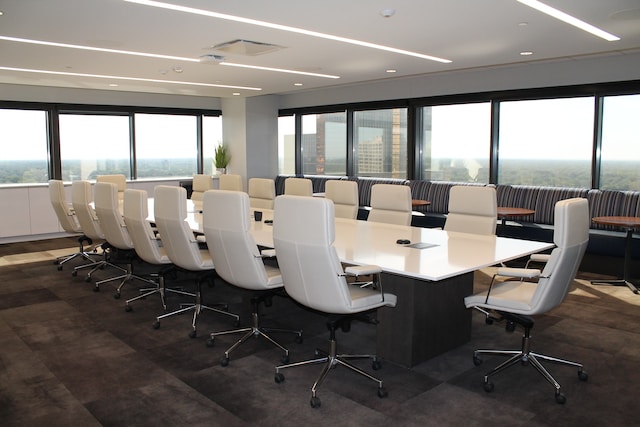I’m not sure I need to convince you that there is an endemic dysfunction afflicting our workplaces – terrible meetings. Regardless of whether they are virtual or in-person, meetings can be really bad for a variety of reasons:
Meetings aren’t taken seriously. People show up distracted and underprepared. They are skeptical about whether anything of value is likely to happen as a result of the meeting.
Meetings last too long. Problematic calendaring protocol, poor facilitation, and lack of clarity about goals contribute to meetings taking longer than they need to take.
People wander off topic and ramble. Enough said. We have all been in these meetings. Nobody wants to be rude and nobody seems to know how to get the conversation back on track.
People don’t speak up. If you’ve ever mustered up the courage to speak only to be punished, dismissed, or patronized, you understand why many people stay silent.
Essential ingredients are missing. In the absence of key people and/or information, it’s nearly impossible to make decisions that will stick.
Meetings end with loose ends. Too often conversations end with a lack of clarity about what was decided and questionable commitment to action.
Meetings never get better. Ironically, as the most frequently used business process, meetings are rarely the focus when process improvement efforts are made.
According to University of North Carolina at Charlotte professor Steven Rogelberg only about 20 percent of leaders ever receive any training on how to run meetings and even that training is typically not very meaningful. Given high levels of frustration and low levels of competence when it comes to meetings, experienced group facilitators have become 21st Century magicians – doing something nobody believed possible: making meetings not suck. They are able to create conditions through which people do really good work together. In the case of my own facilitation, people often ask me at the end of meetings, “What the hell did you just do? I’ve never experienced a meeting in which so much meaningful work was accomplished!”
It’s a matter of dropping bad habits and adopting new ones.
You don’t need a professional facilitator to make your meetings better. It can be achieved by adopting a few new practices and skills. In the coming weeks I’ll share some of the practices I’ve known to make the most difference. In the meantime, here are some “greatest hits” blogs I’ve written over the years about meeting practices.
The Meeting Scorecard
Ten Ways to Be an Exceptional Facilitative Leader
Stay tuned for a whole new toolbox to make your meetings less terrible!
